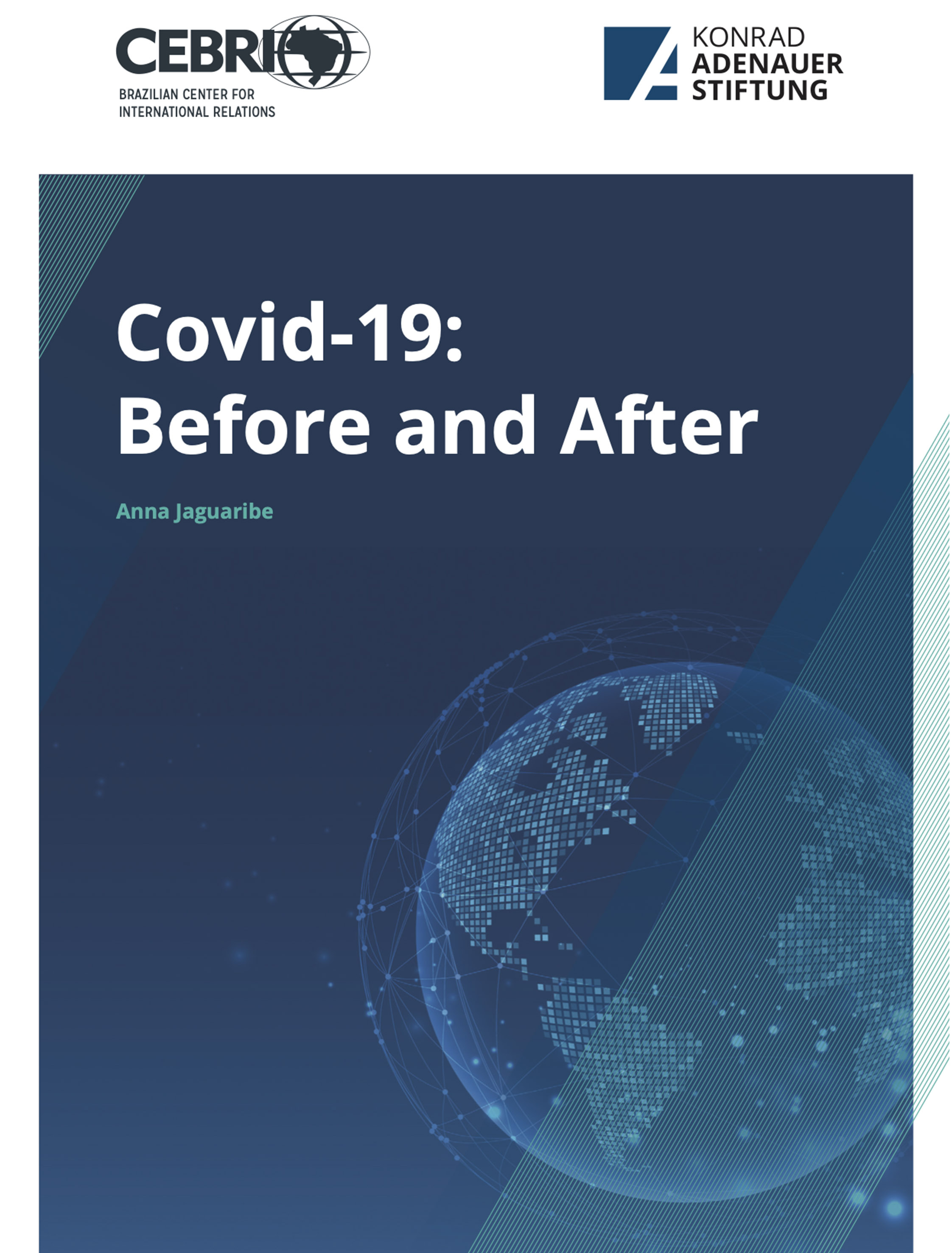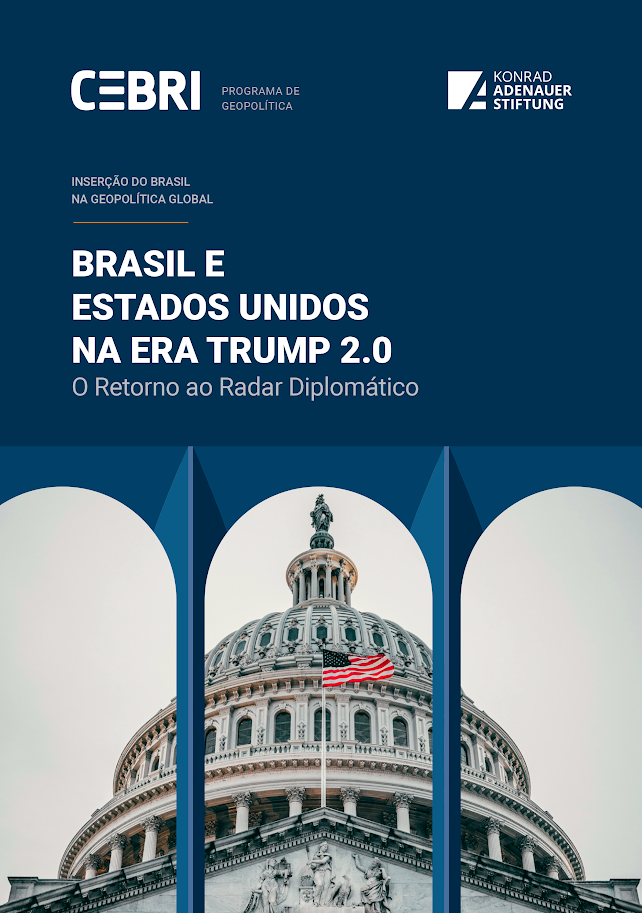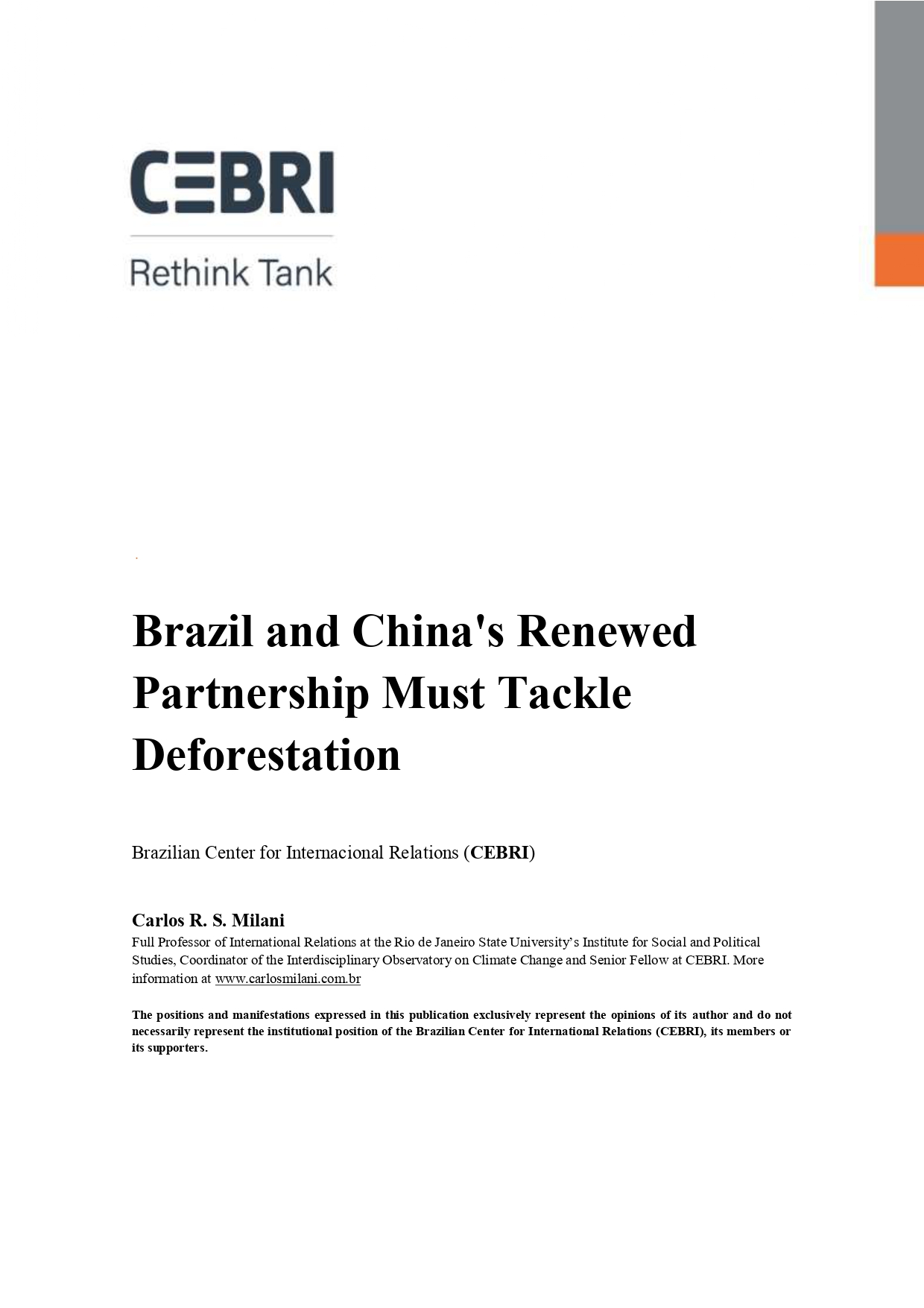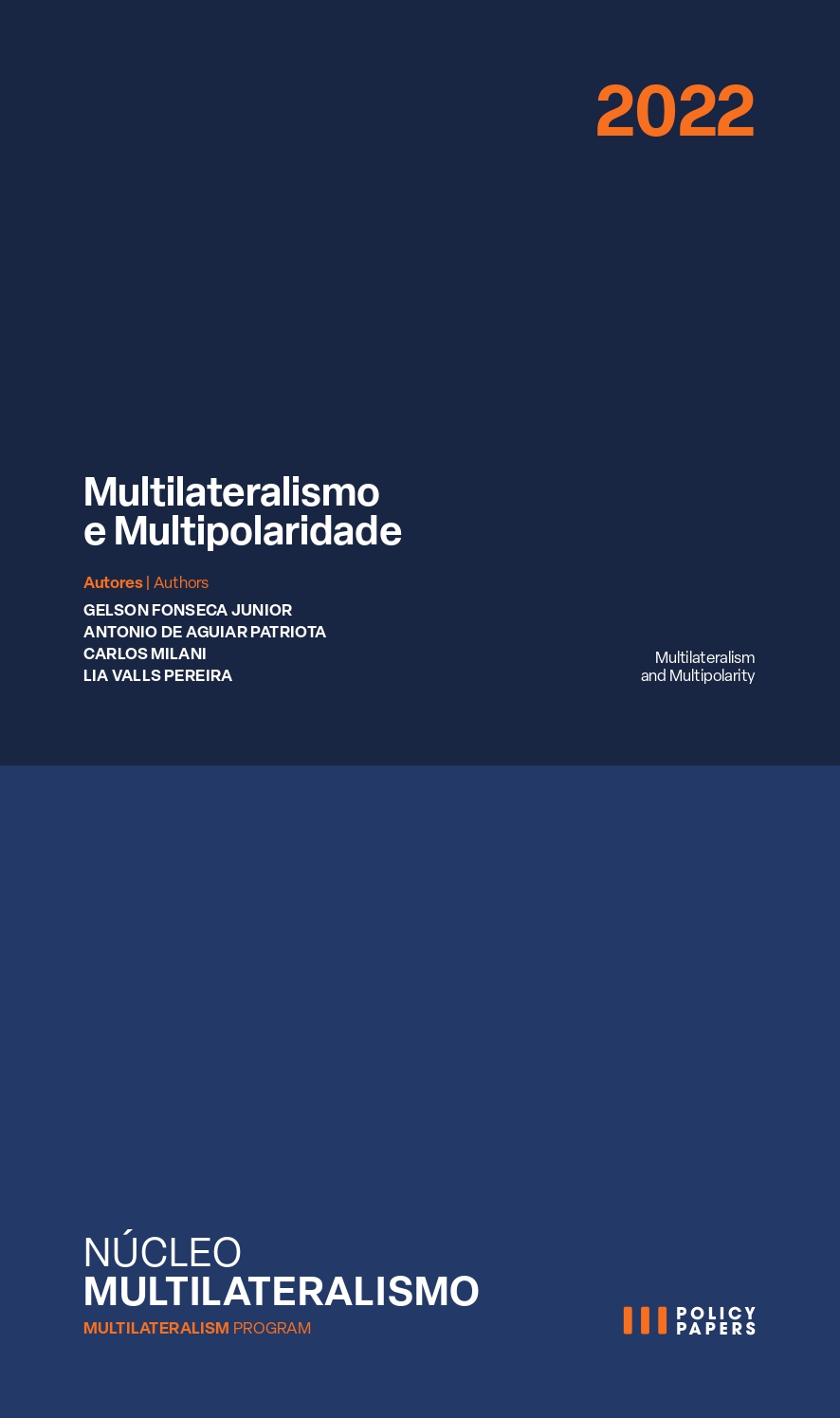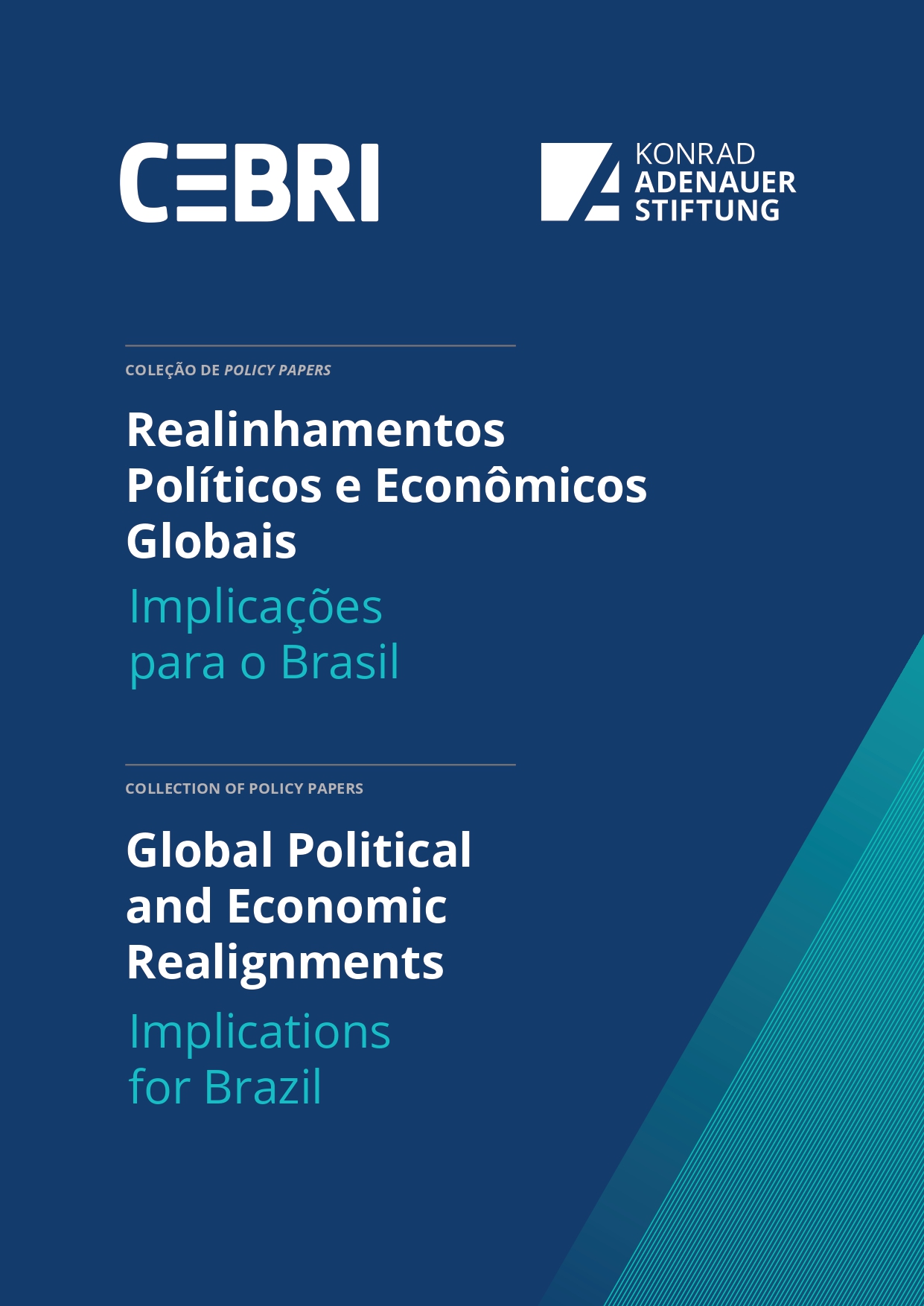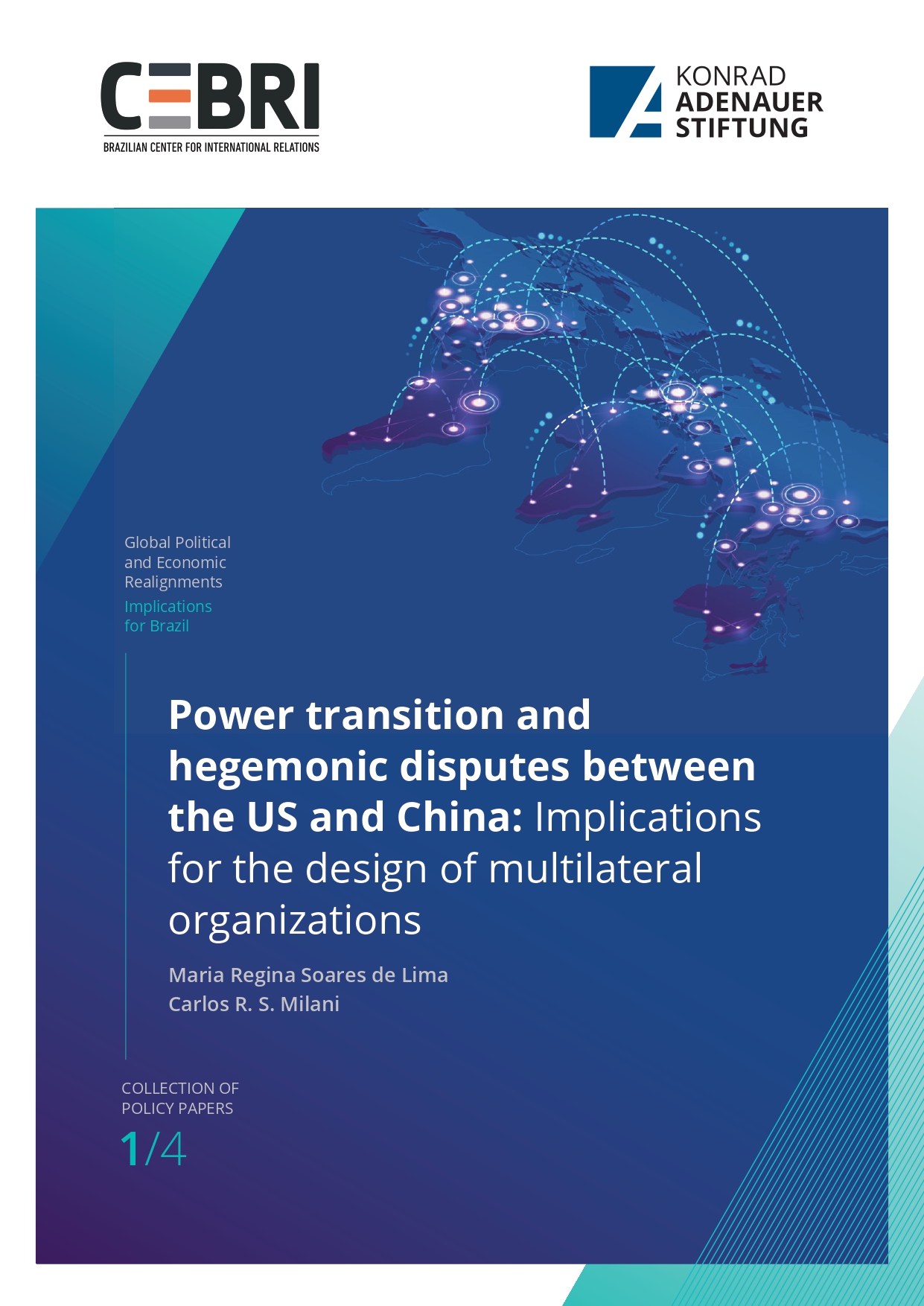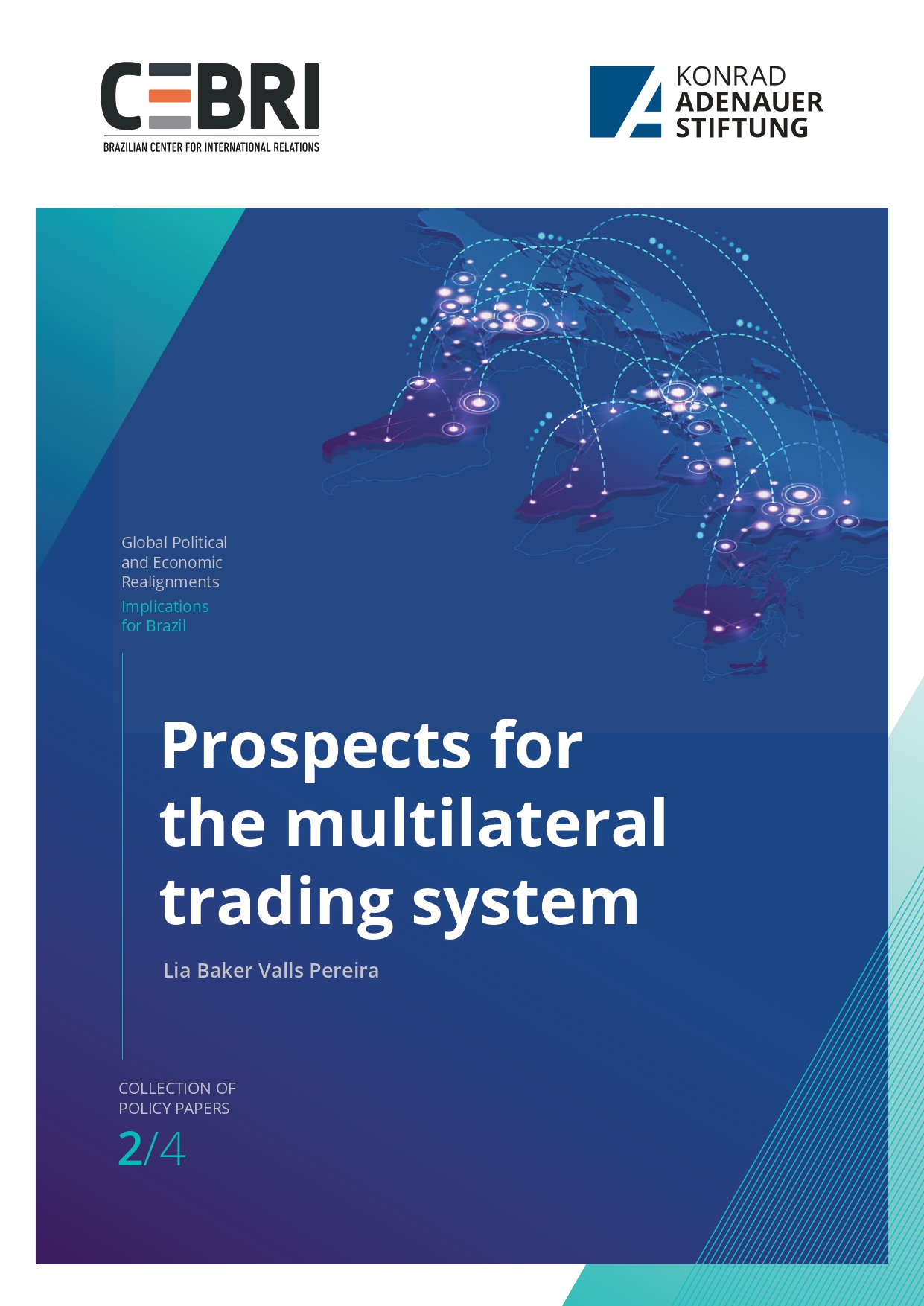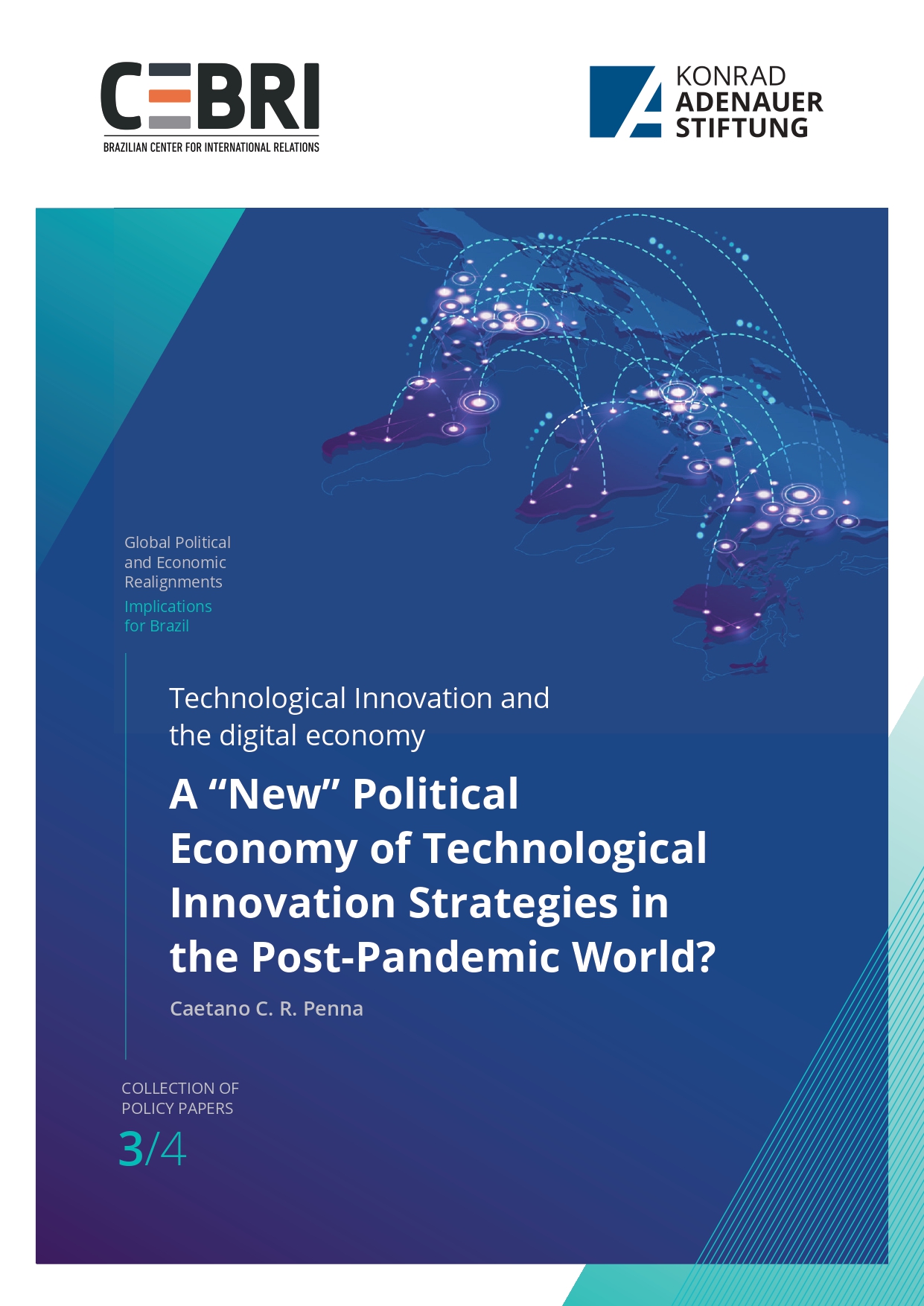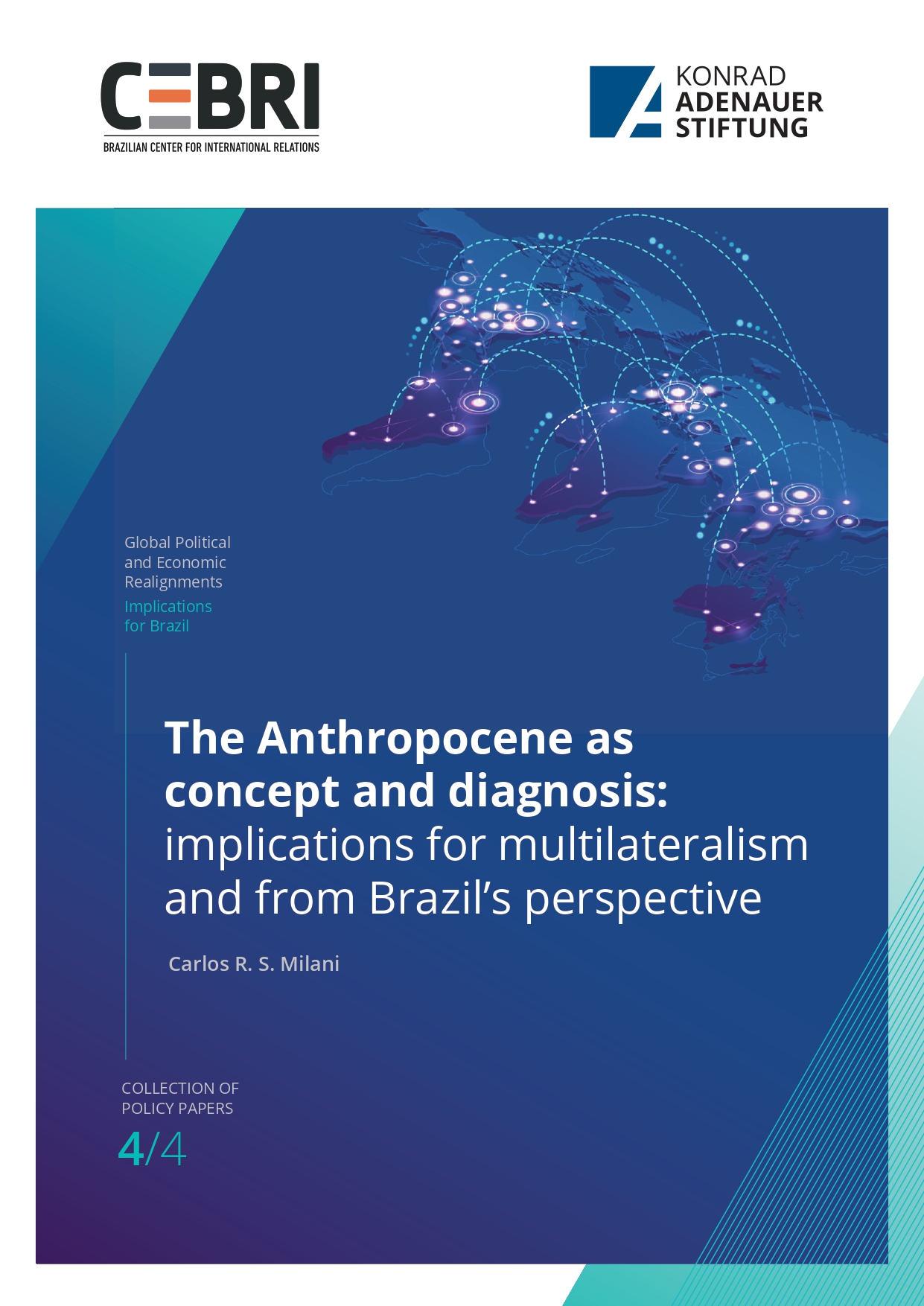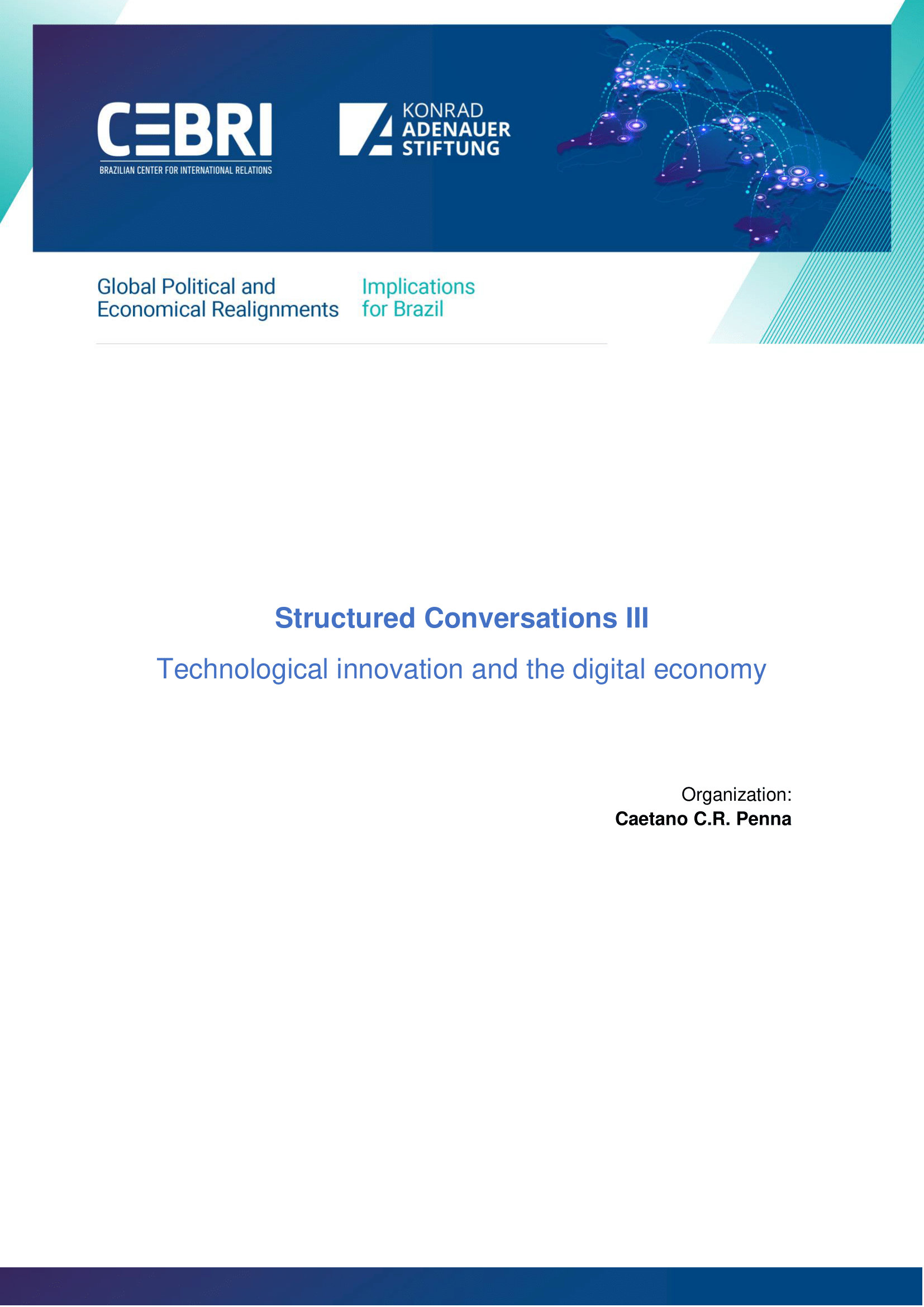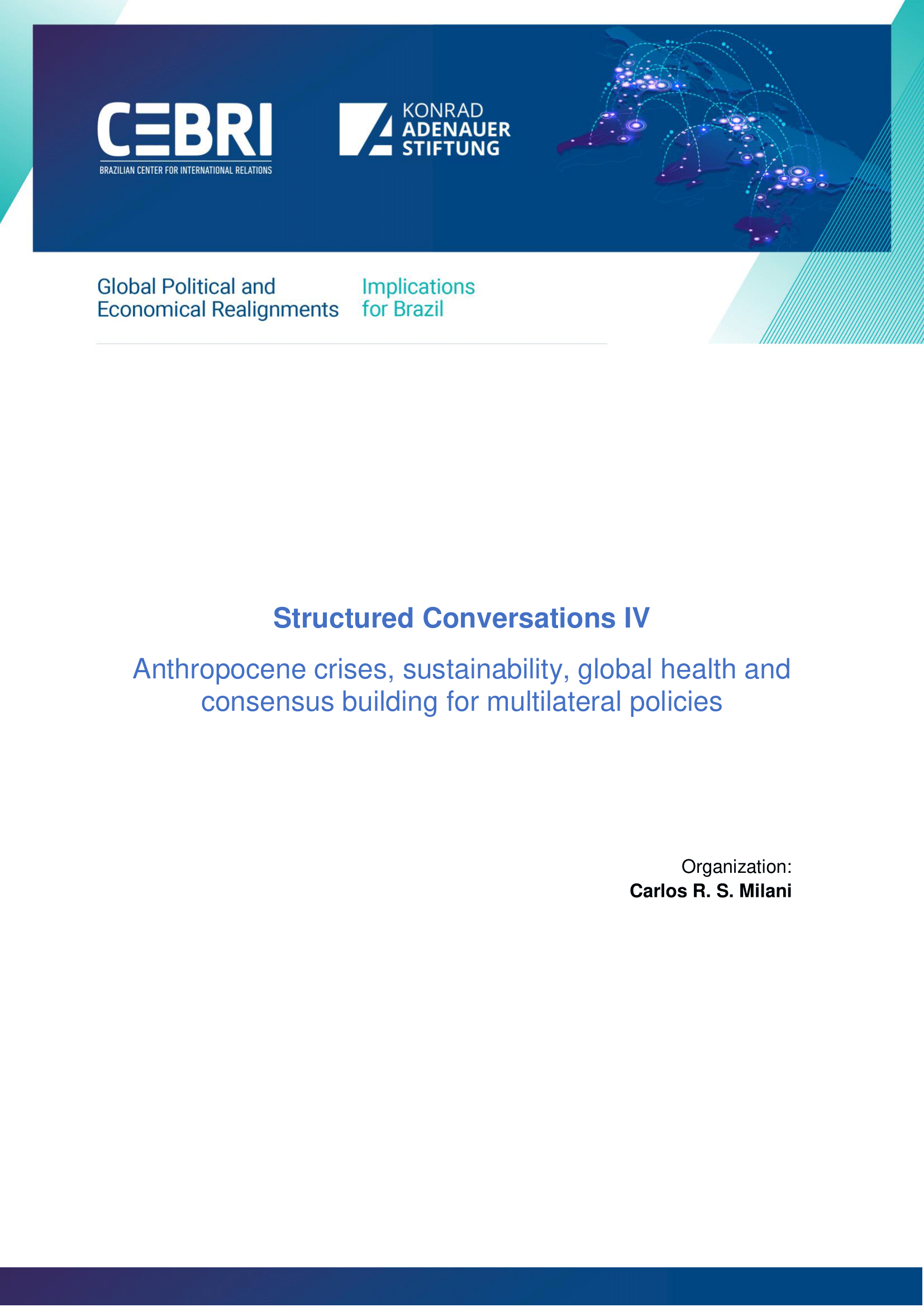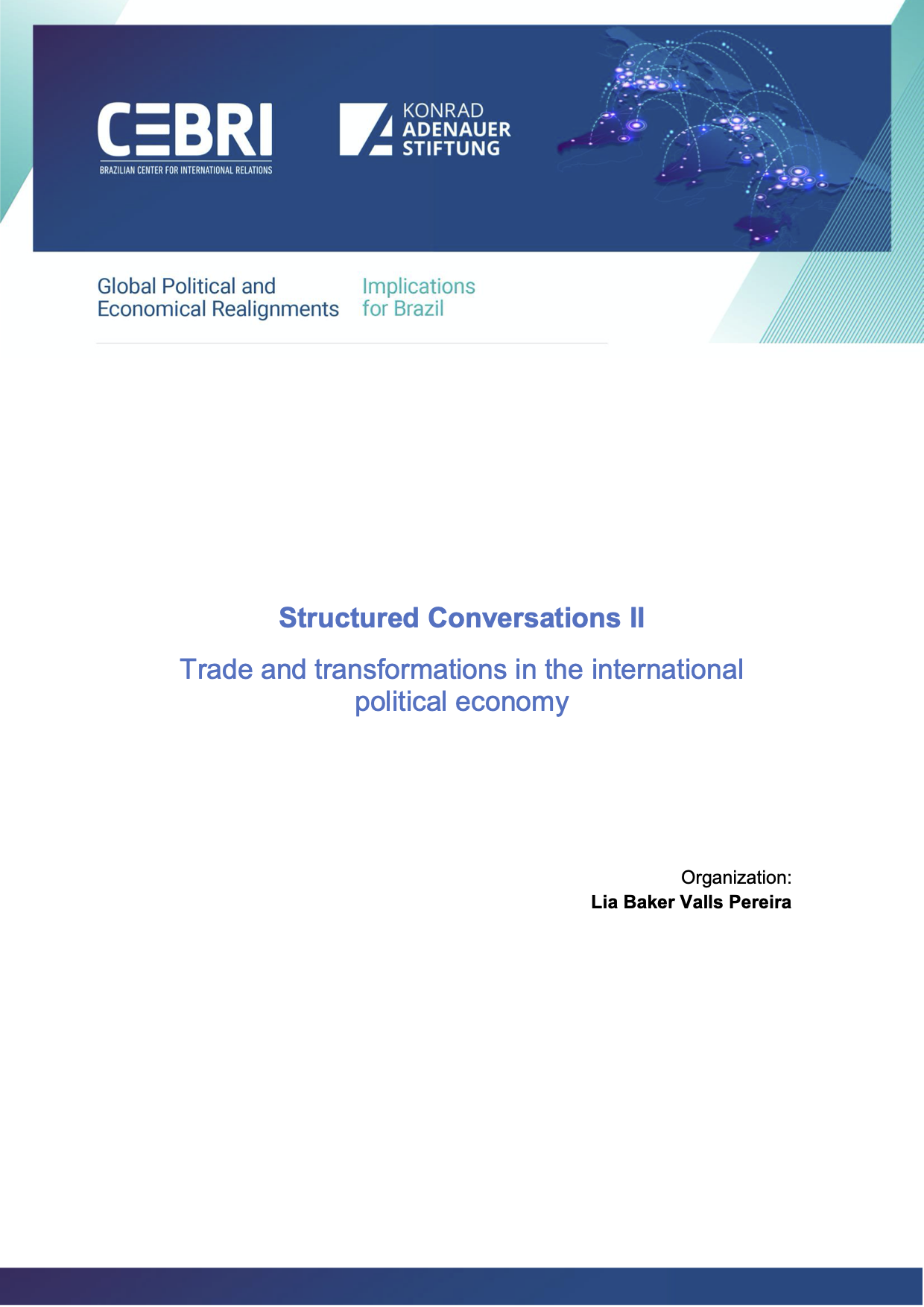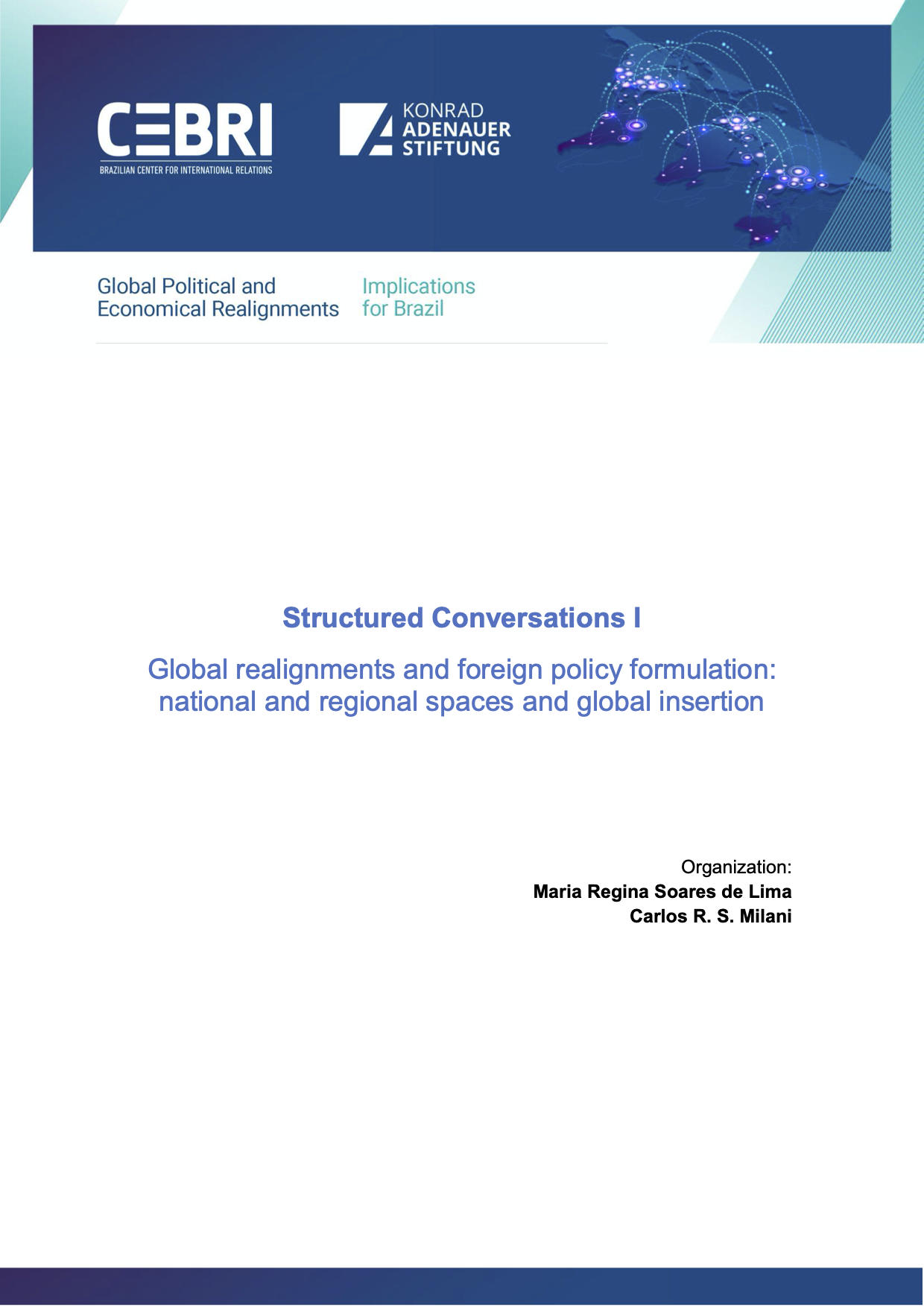The expansion of the Covid-19 pandemic exposed the difficulty to coordinate international responses to tackle the spread of global public illnesses and the inability of many countries to deal with the crisis. On the other hand, it highlighted the resilience of human solidarity and empathy in all affected communities and reaffirmed the centrality of science, scientific institutions and their global epistemic communities.
"The global nature of COVID-19 should make the need for coordination and regulation at the international level more evident. However, the fragility of the institutional framework of international organizations - such as the WTO, IMF, among others creates a regulatory vacuum that is difficult to resolve", points out Anna Jaguaribe, member of CEBRI’s Board of Trustees.
The expansion of the Covid-19 pandemic exposed the difficulty to coordinate international responses to tackle the spread of global public illnesses and the inability of many countries to deal with the crisis. On the other hand, it highlighted the resilience of human solidarity and empathy in all affected communities and reaffirmed the centrality of science, scientific institutions and their global epistemic communities.
"The global nature of COVID-19 should make the need for coordination and regulation at the international level more evident. However, the fragility of the institutional framework of international organizations - such as the WTO, IMF, among others creates a regulatory vacuum that is difficult to resolve", points out Anna Jaguaribe, member of CEBRI’s Board of Trustees.
